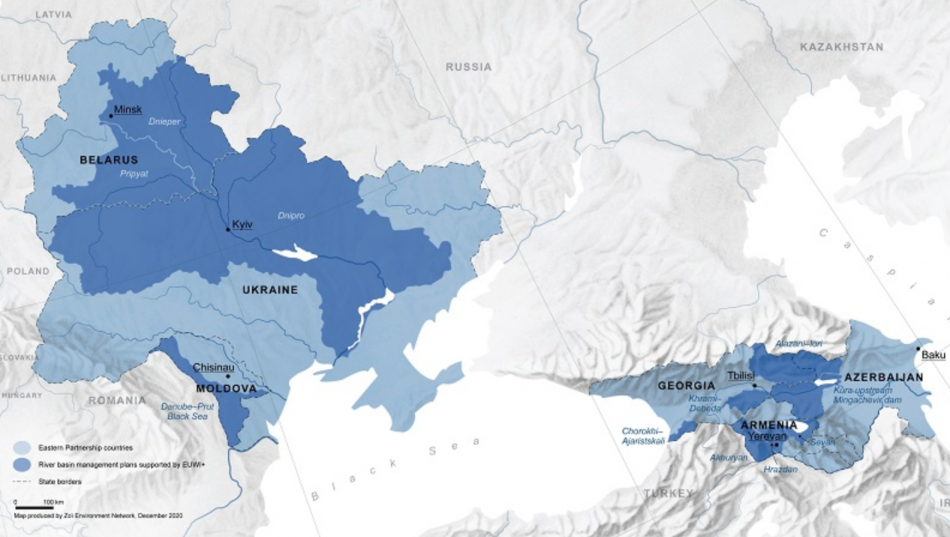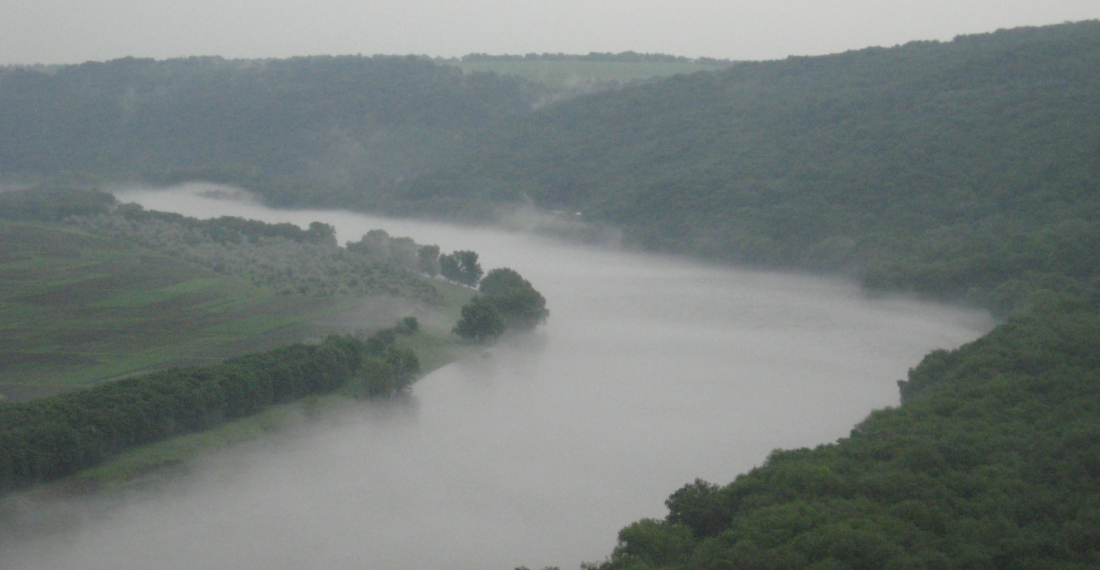Water resources in pilot areas of the Eastern Partnership (EaP) countries have been assessed in the framework of the European Union Water Initiative Plus project (EUWI+). Risk assessments have been conducted for the development of nine river basin management plans (RBMP) by more than 100 local experts, supported by the EUWI+ expert team.
The specific indicators employed in the assessments show the current and future level of environmental quality in line with the pressures likely to affect water resources. These results provide the basis to identify which measures should be implemented to improve the status of the concerned water bodies and, eventually, to achieve the environmental objectives.
To make this complex data easy to understand, the EUWI+ project developed a dynamic dashboard and map to visualise the risk assessment for surface water bodies (lakes, rivers).The dynamic dashboard describes the results of the risk assessment for the 5,828 surface water bodies of nine river basins in the six Eastern Partnership countries.

The project helps Armenia, Azerbaijan, Belarus, Georgia, Moldova, and Ukraine bring their legislation closer to EU policy in the field of water management, with a main focus on the management of trans-boundary river basins. It supports the development and implementation of pilot river basin management plans, building on the improved policy framework and ensuring a strong participation of local stakeholders.






